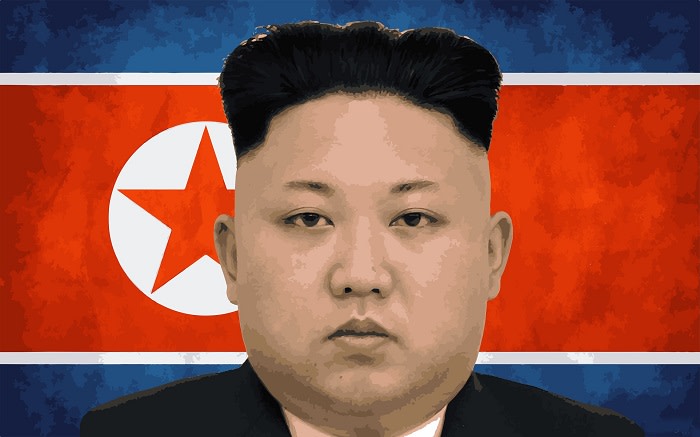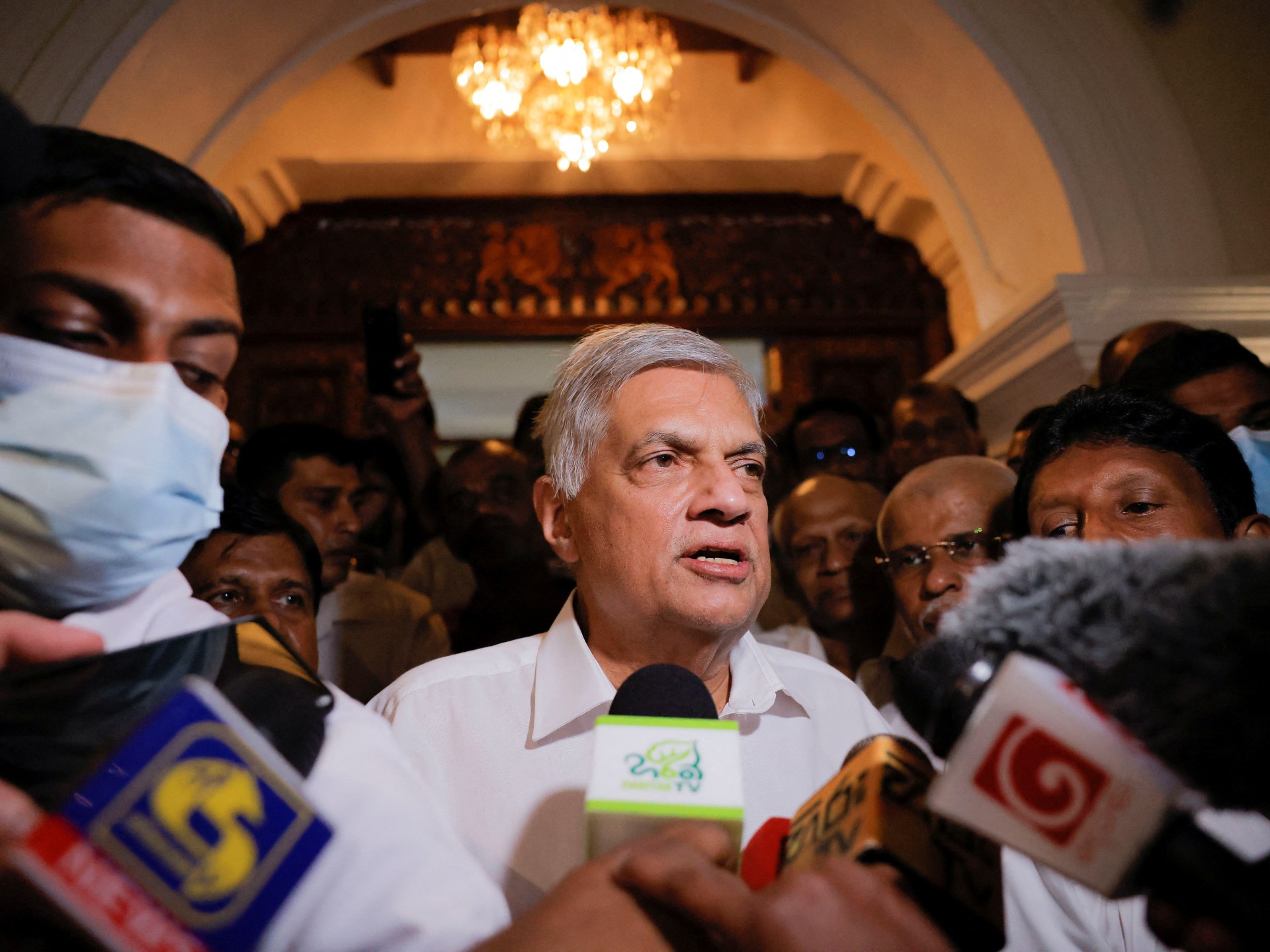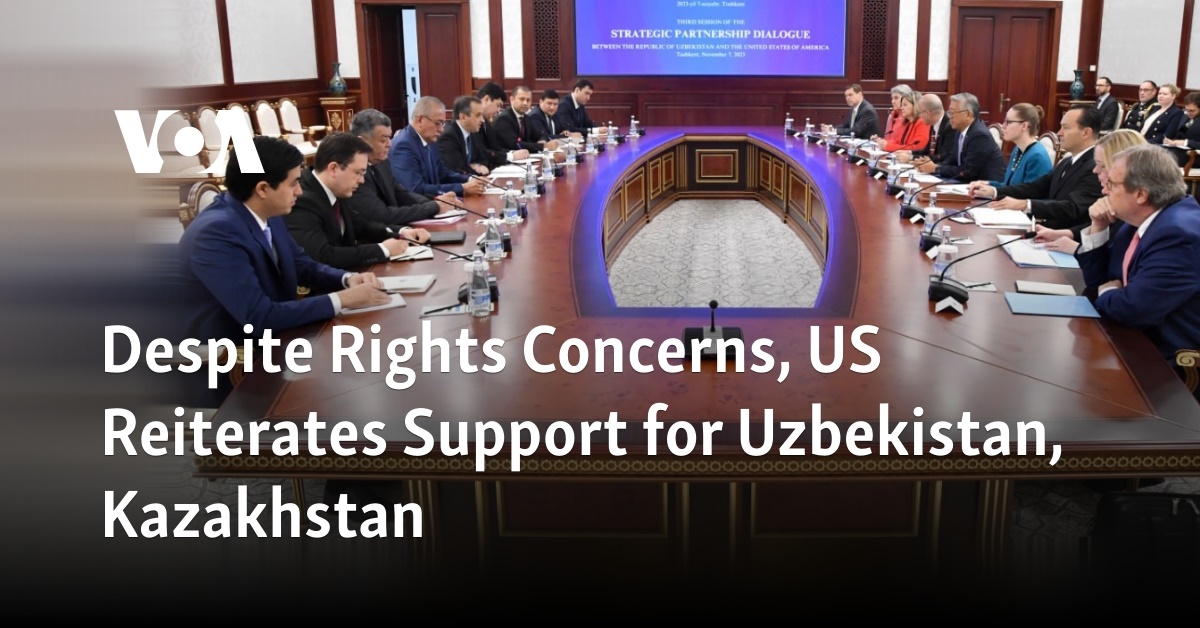
Kim’s warning follows a meeting between South Korea and the United States in Washington last week where they discussed nuclear deterrence in the event of a conflict with the North.
Kim Jong Un. Image: Victoria Model from Pixabay
SEOUL, South Korea – North Korean leader Kim Jong Un warned Pyongyang would launch a nuclear attack if “provoked with nuclear weapons,” state media said Thursday, while Seoul and its allies called for a “dialogue without preconditions.”
Kim’s warning follows a meeting between South Korea and the United States in Washington last week where they discussed nuclear deterrence in the event of a conflict with the North.
The meeting’s agenda included “nuclear and strategic planning,” and allies reiterated that any nuclear attack by Pyongyang on the United States or South Korea would lead to the end of the North Korean regime.
But Kim urged his military’s missile office “not to hesitate.” [launching] even a nuclear attack if the enemy provokes it with nuclear weapons,” Pyongyang’s official Korean Central News Agency said on Thursday.
Washington, Seoul and Tokyo soon released a statement calling on the nuclear-armed country to “stop further provocations and follow our call for a substantive dialogue without preconditions.”
The three countries have stepped up defense cooperation amid a record-breaking series of weapons tests by Pyongyang this year, activating on Tuesday a system to share real-time data on North Korean missile launches.
On Monday, the North launched its most powerful intercontinental ballistic missile, the Hwasong-18, later describing it as a “warning countermeasure” against ongoing “military threats” from Washington and its allies.
Last week, a US nuclear submarine arrived in the South Korean port city of Busan, and on Wednesday Washington flew its long-range bombers in exercises with Seoul and Tokyo.
The North has recently stressed that the “Korean peninsula is legally at war” and that “strategic assets” stationed by Washington in the South will be “the first targets of destruction.”
When a nuclear-capable U.S. B-52 bomber took part in the first joint air exercises between Seoul, Tokyo and Washington in October, Pyongyang described the exercise as “the U.S.’s deliberate provocation of nuclear war.”
Pyongyang views the exercises by the United States and its allies as rehearsals for an invasion and has long justified its missile strike as necessary “countermeasures.”
Seoul’s defense minister has made unusually strong remarks lately, warning last week that Pyongyang would face a “hell of destruction” if it engaged in a “reckless” action that “destroys the peace.”
The two Koreas are at the “peak of escalating rhetoric and threats of pre-emptive strikes,” Yang Moo-jin, president of the University of North Korean Studies in Seoul, told AFP.
The latest developments “clearly reflect the seriousness of the situation and the current situation.” [turbulent] situation on the Korean Peninsula,” he added.
“PREPARATION FOR INVASION”
Pyongyang declared itself an “irreversible” nuclear power last year and has repeatedly said it will never give up its nuclear program, which the regime sees as vital to its survival.
In a separate statement on Thursday, Kim’s powerful sister Kim Yo Jong criticized the United Nations Security Council for convening a meeting to discuss the North’s recent intercontinental ballistic missile launch, arguing it was a demonstration of Pyongyang’s inherent right to self-defense.
“The incessant military exercises of the United States and its client forces [remind] “One of the general preparations for an invasion under the pretext of deterring threats from someone,” she said, according to KCNA.
“And the frequent appearance of US nuclear weapons is clear [aimed] in the DPRK … is the main cause of the escalation of the regional situation,” she added, using the acronym for the North’s official name.
Pyongyang’s launch of a military spy satellite last month, which it said provided rapid images of U.S. and South Korean military sites, further damaged inter-Korean relations.
The launch broke a military agreement between the Koreas that had been made to de-escalate tensions on the peninsula. Both sides subsequently increased security along the Demilitarized Zone (DMZ) that separates them.






Recent Comments